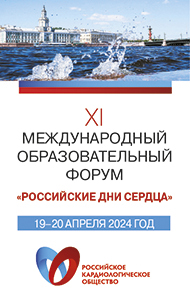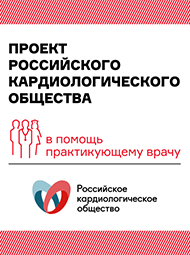Serious cardiac complications in coronary spasm provocation tests using acetylcholine or ergonovine: analysis of 21 512 patients from the diagnosis procedure combination database in Japan
Clinical Cardiology, 02/27/2015
This retrospective cohort study suggested that acetylcholine (ACH) tests were associated with a higher rate of cardiac complications than ergonovine (ER) tests.
Methods
- Using the Diagnosis Procedure Combination database in Japan, we identified patients aged ≥20 years who underwent a pharmacological provocation test during coronary angiography.
- The authors assessed the composite outcome of cardiac complications requiring urgent procedures (defibrillation, chest compression, intra-aortic balloon pumping, or extracorporeal membrane oxygenation) or death on the day of the provocation test, and compared the outcome between ACH and ER tests.
Results
- Of 21512 eligible patients in 602 hospitals, 10628 (49.4%) underwent an ACH test and 10884 (50.6%) underwent an ER test.
- The composite outcome occurred in 141 (0.7%) patients.
- The ACH group was significantly more likely to have the composite outcome than the ER group (0.9% vs 0.4%, P < 0.001).
- The propensity-score analyses showed consistent results (propensity score–matched, 0.9% vs 0.4%, P = 0.003; inverse probability–weighted, 0.8% vs 0.4%, P < 0.001).
- In a multivariable logistic regression analysis, ACH tests were significantly associated with a higher rate of the composite outcome than ER tests (odds ratio: 1.75, 95% confidence interval: 1.13-2.69, P = 0.011).
Source: www.mdlinx.com






